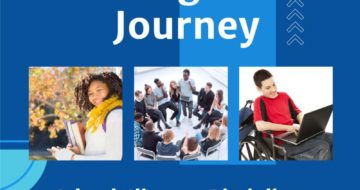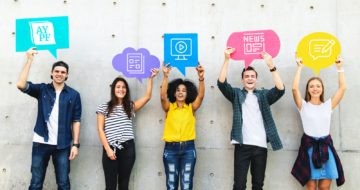Youth learn at different paces and in different ways. Youth should have access to supportive, engaging, and developmentally appropriate learning opportunities, both in and out-of-school that challenge them to develop a range of knowledge, skills, and abilities as well as build upon their interests and strengths. Learning should be competency-based, allowing youth to advance upon demonstration of mastery of challenging material. Youth should have voice and choice in their education and be supported by caring, competent mentors, teachers, and counselors who help each youth find success. To obtain a more comprehensive view of learning & teaching strategies please see below:
Issue Areas
Assessment refers to the evaluation of student learning and could include innovative instruments and measures beyond standardized testing, such as performance-based assessments to evaluate student mastery and growth.
Deeper Learning refers to the accumulation of six interrelated competencies: mastery of rigorous core academic content, critical thinking and problem solving, teamwork and collaboration, effective communication, learning how to learn, and cultivation of an academic mindset.
Educator Preparation and Professional Development is the process of earning or maintaining professional credentials and technical skills through academic degrees, training and coursework, attending conferences, and informal learning opportunities grounded in practice.
Personalized Learning refers to tailoring learning and supports to individual student strengths, needs, and interests and fostering student voice and choice in what, how, when, and where they learn.
Service learning consists of a variety of activities outside the traditional school setting that connects community service and civic engagement to academic content to enrich learning as well as benefit others and the community.
Social and emotional learning (SEL) refers to the accumulation of a range of knowledge, skills, and dispositions necessary to understand and manage emotions, set and achieve goals, feel and show empathy for others, establish and maintain relationships, and make responsible decisions.




